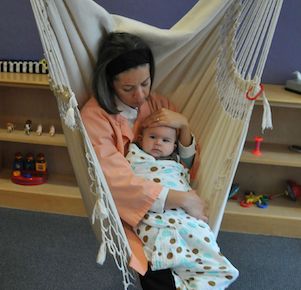Paths Forward to Salary Parity for New York:
National Models for Equity in Early Childhood Education Compensation
Pay parity for early childhood educators is critical to reducing turnover, improving job quality, and achieving an equitable child care system. This publication— produced in partnership with the Day Care Council of New York—highlights examples of compensation reform across the country and explores ideas for consideration in New York that will reduce turnover, improve job quality, and achieve a more equitable child care system.










